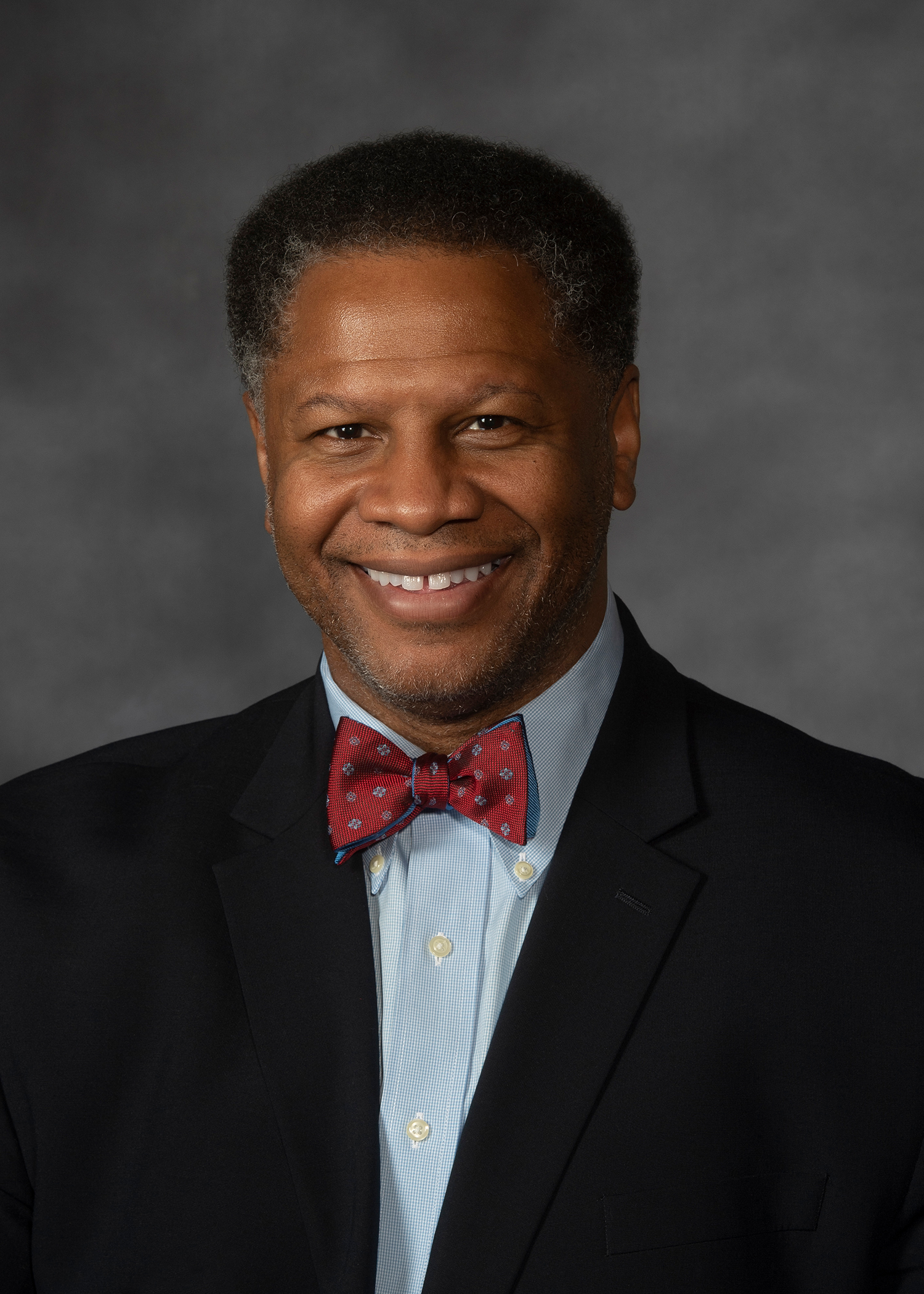Latest News
Community Engagement
Massey director Dr Robert Winn part of AACR Congressional briefing on cancer disparities
Sep 16, 2020

Today, the American Association of Cancer Research (AACR) released its inaugural Cancer Disparities Progress Report, which outlines the enormous toll that cancer exacts on racial and ethnic minorities and other underserved populations, highlights areas of progress in reducing these disparities and provides specific recommendations for achieving health equity. As a member of the AACR Steering Committee that contributed to the report, VCU Massey Cancer Center Director Robert Winn, M.D., was part of a virtual Congressional briefing on the findings.
The Congressional briefing included remarks from bipartisan members of congress, cancer survivors and representatives from AACR and the report’s Steering Committee.
“This report provides a stark look at facts surrounding cancer disparities and the overall health inequities that communities of color and underserved populations face in our society,” says Winn, who is also the senior associate dean for cancer innovation and a professor in the Division of Pulmonary Disease and Critical Care Medicine at the VCU School of Medicine. “The current pandemic has shown a spotlight on many of these issues and it is incumbent upon all of us to take action. I hope this report will help lead to the structural changes we need to make a difference.”
The report highlighted many enduring disparities faced by racial and ethnic minorities and other underserved populations:
- African Americans have had the highest overall cancer death rate of any racial or ethnic group in the United States for more than four decades.
- Hispanics have the lowest colorectal cancer screening rate of any racial or ethnic group in the United States.
- American Indians/Alaska Natives have the lowest breast cancer screening rate of any racial or ethnic group in the United States.
- Complex and interrelated factors contribute to cancer health disparities in the United States. Adverse differences in many, if not all, of these factors are directly influenced by structural and systemic racism.
- Racial and ethnic minorities are severely underrepresented in clinical trials, and understanding of how cancer develops in racial and ethnic minorities is significantly lacking.
- Many of the U.S. population groups that experience cancer health disparities, in particular, racial and ethnic minorities, are also experiencing disparities related to COVID-19. Many of the factors driving COVID-19 disparities overlap with the factors that contribute to cancer health disparities.
- Experts predict that the COVID-19 pandemic will exacerbate existing cancer health disparities as a result of the disproportionate impact of COVID-19 on racial and ethnic minorities and other underserved populations.
However, the report also noted that progress has been made in several areas:
- Differences in the overall cancer death rate among racial and ethnic groups are less pronounced now than they have ever been. In 1990, the overall cancer death rate for African Americans was 33 percent higher than the overall cancer death rate for whites. By 2016, it was 14 percent higher.
- Recent studies have shown that racial and ethnic disparities in outcomes for some types of cancer could be eliminated if all patients have equal access to standard treatment.
- Tailored outreach and patient navigation can help reduce disparities across the spectrum of cancer care.
- Several studies and initiatives designed to address gaps in our knowledge about cancer biology in diverse populations are underway, including AACR Project Genomics Evidence Neoplasia Information Exchange (GENIE) and the National Cancer Institute-funded African American Breast Cancer Epidemiology and Risk (AMBER) Consortium.
- Over the past two decades, diversity-focused training and career development programs have enhanced racial and ethnic diversity in cancer training.
This progress has been slow and there are still monumental challenges that need to be addressed. The report highlights the need for increased, sustainable funding for organizations and programs tasked with reducing health disparities, increasing diversity in clinical research and prioritizing cancer control initiatives, among other measures.
“At VCU Massey Cancer Center, we serve a diverse urban and rural population that has been significantly impacted by the factors outlined in this report,” says Winn. “I take this responsibility seriously and it is important that we do all that we can to ensure everyone has access to the best health care possible regardless of their race or zip code.”
Massey is inviting the community to learn more about disparities and their impact on cancer research, treatment and outcomes by joining the Facts, Faith and Health Justice webinar on September 17. The webinar will feature health disparities experts Winn and Vanessa Sheppard, Ph.D., from Massey, alongside Delegate Delores McQuinn, and Pastor Todd Gray from the Fifth Street Baptist Church for a timely conversation about health, racial inequity and cancer. The public is invited to register online.
In addition, Massey will be launching its 25 for 25: Health, Equity and Justice campaign on October 1 to help increase awareness of the health disparities that exist throughout Virginia and raise money to address them through cancer prevention, control and survivorship efforts. Follow the Team Massey Facebook page or visit teammassey.org/25for25 to get involved.
The full AACR Cancer Disparities Progress Report is available online at CancerDisparitiesProgressreport.org.
Written by: John Wallace
Related News
Research & Innovation, Community Engagement
Massey launches Brushstrokes of Discovery art initiative to celebrate the relationship between cancer patients and researchersNov 14, 2025
Research & Innovation, Community Engagement
Former NCI director champions staggering progress in cancer research during visit to MasseyOct 20, 2025

Get access to new, innovative care
Treatments in clinical trials may be more effective or have fewer side effects than the treatments that are currently available. With more than 200 studies for multiple types of cancers and cancer prevention, Massey supports a wide array of clinical trials.

Find a provider
Massey supports hundreds of top cancer specialists serving the needs of our patients. Massey’s medical team provides a wealth of expertise in cancer diagnosis, treatment, prevention and symptom management.
